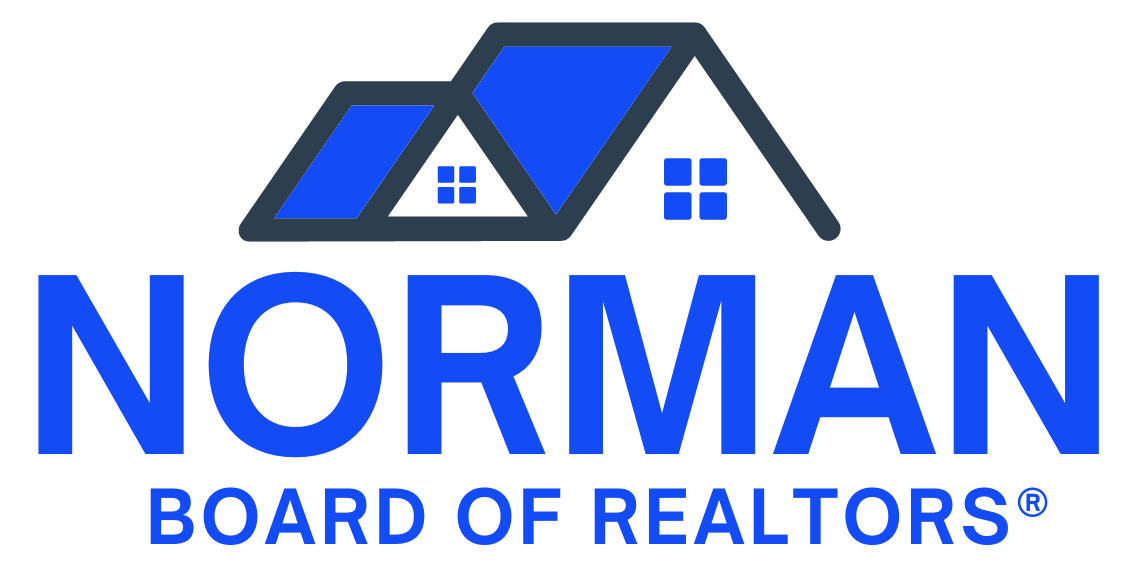A virtual data room (VDR) is an online, secure repository for the sharing of sensitive documents and data during business transactions. This includes due diligence, M&A, fundraising rounds, legal cases, and more. The VDR facilitates collaboration and faster decision-making and also ensures compliance with regulatory requirements.
Some VDRs have a user-friendly GUI which allows users to swiftly find and access files. Some VDRs come with a complex interface, which requires training to be used effectively. Before selecting a VDR platform, it’s important to consider the requirements of your team, as well as the type of work to be performed on it.
The top VDRs have a wide range of security and efficiency-enhancing functions which include advanced search tools, watermarking, as well as secure document sharing. Many also offer an audit trail that documents every step a user makes in relation to every agreement clicked through, video watched and the document that is viewed. These capabilities provide transparency and accountability, which is particularly crucial in regulated transactions.
Another major benefit of a VDR is that it can be used to share documents and information even when a party isn’t physically present. This can save time and money over traditional methods my latest blog post of sharing documents that can be difficult to coordinate and often cause delays in crucial business transactions or in the process of making decisions. This is particularly true in M&A where the parties outside are required to review documentation before the deal can be closed. The VDR platform’s collaborative, centralized approach can help buyers and investors make better decisions in less time.
